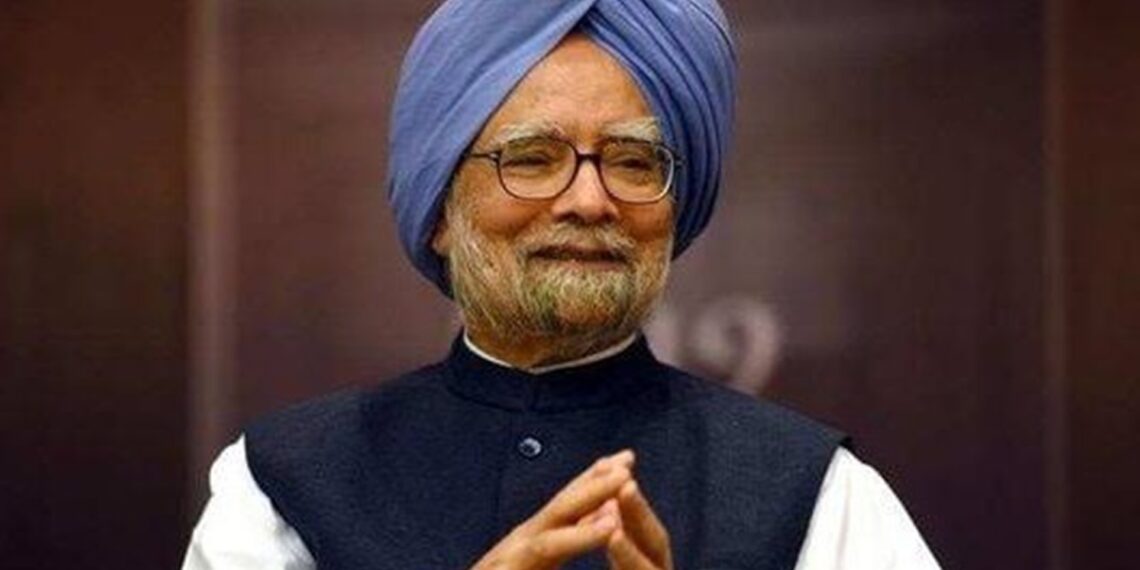Guwahati: Former Prime Minister Manmohan Singh, celebrated as the architect of India’s economic reforms and a statesman of remarkable intellect, passed away on Thursday night at the All India Institute of Medical Sciences (AIIMS) in New Delhi. He was 92.
Known for his quiet demeanor, scholarly acumen, and unwavering commitment to ethical governance, Singh is credited with steering India through critical economic and political milestones.
As the finance minister in 1991, he laid the foundation for India’s liberalisation, famously pulling the nation back from economic collapse by unshackling it from the restrictive “licence raj.”
His economic policies transformed India into a global economic powerhouse.
Singh served as India’s prime minister from 2004 to 2014, leading the Congress-led United Progressive Alliance (UPA).
During his tenure, landmark initiatives such as the Right to Information (RTI), Right to Education (RTE), and the Mahatma Gandhi National Rural Employment Guarantee Act (MNREGA) were introduced, shaping the nation’s social and economic landscape.
Born on September 26, 1932, in Gah, Punjab (now in Pakistan), Singh’s journey from a modest village to the pinnacle of Indian politics is the stuff of legends.
An academic by training, Singh earned his degrees from Cambridge and Oxford universities, followed by a distinguished career as an economist and policymaker.
Singh’s foray into politics was unexpected. In 1991, as the country faced a severe economic crisis, then-Prime Minister P.V. Narasimha Rao appointed him as finance minister.
His reforms revolutionized India’s economy, garnering him international acclaim.
In 2004, Singh became the 14th Prime Minister of India, following Sonia Gandhi’s decision to step aside.
His decade-long tenure was marked by a unique partnership with Gandhi and deft handling of coalition politics.
challenges, including the Left Front withdrawing support over the Indo-US civil nuclear deal in 2008, Singh’s government survived a crucial confidence vote in Parliament.
While his administration faced criticism for corruption scandals in its later years, Singh steadfastly defended his record, famously stating in 2014, “I honestly hope history will be kinder to me than the contemporary media or opposition parties.”
Manmohan Singh was known for his principled approach to governance. Former Jammu and Kashmir Governor N.N. Vohra described him as a leader who “stood firm as a rock in pursuing the ethical path, even at the cost of political difficulties.”
Critics, however, often accused Singh of remaining silent on corruption within his government, dubbing him “MaunMohan Singh.”
Yet, his legacy as a reformist economist and dignified politician endures.
Singh is survived by his wife, Gursharan Kaur, and three daughters.
His understated personality extended to his family, who maintained a low profile throughout his time in office.
A towering figure in Indian politics, Singh’s contributions to the nation’s economic and social fabric remain unparalleled.
His vision, humility, and intellect will continue to inspire generations to come.















